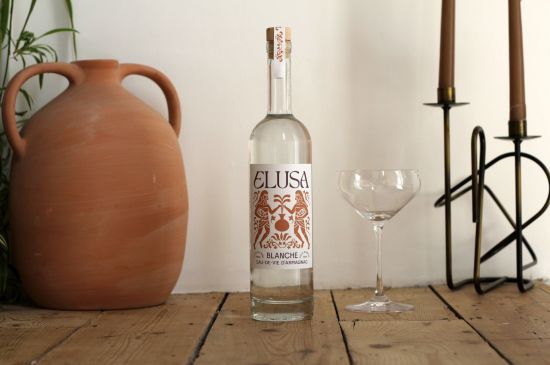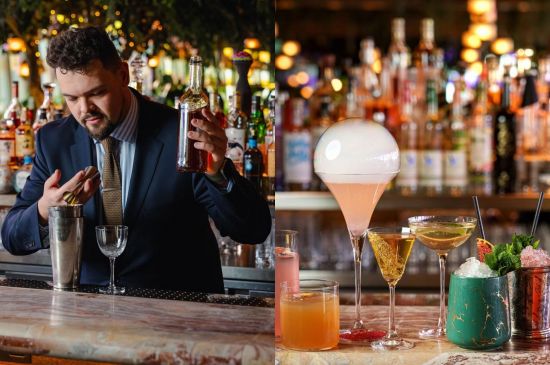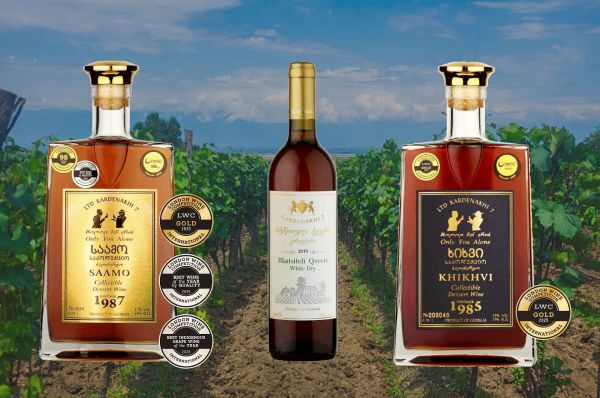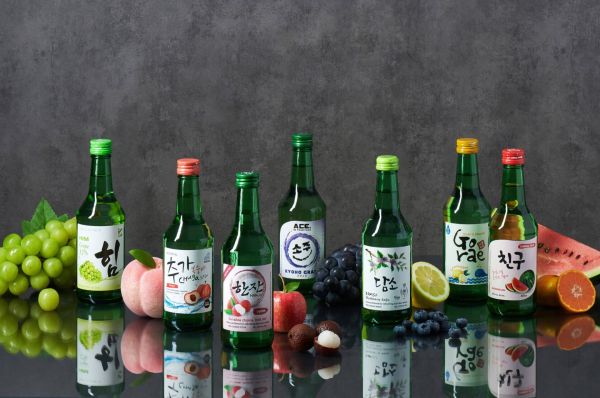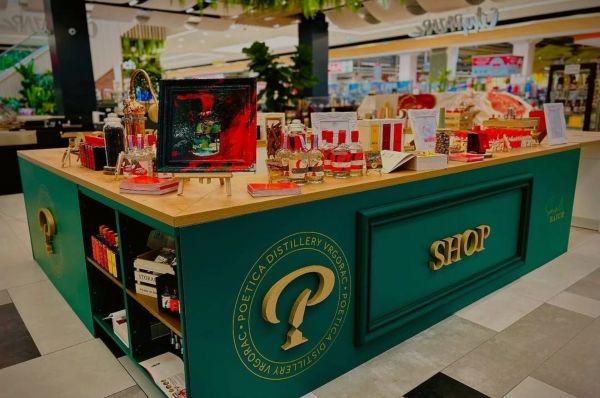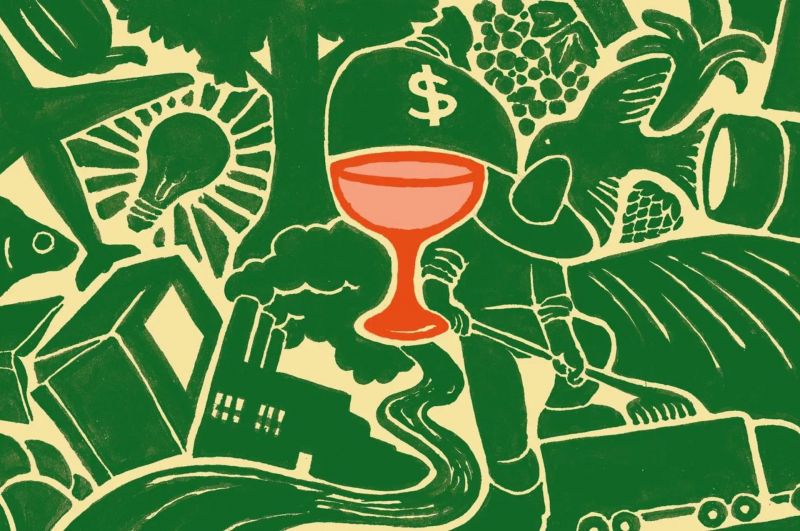
15/07/2024 Exploring the economic benefits and costs of sustainable practices, highlighting profitability and eco-friendly investments.
The growing emphasis on sustainability has extended throughout various sectors, with the wine and spirits industry being no exception. As consumers become more environmentally conscious, bars and wineries are increasingly exploring green practices. The push towards sustainability is driven by both ethical considerations and market dynamics, with a key question arising: Is going green profitable for restaurants, bars, and wineries? This article focuses on the economics of sustainability, examining whether eco-friendly practices yield financial benefits, and analyzing the costs associated with sustainable production and operations.
Is Going Green Profitable?
The profitability of adopting sustainable practices in the wine and spirits industry hinges on several factors, including consumer demand, cost savings, and brand reputation.
- Consumer Demand: Consumer preferences are shifting towards sustainable products. A recent survey by the Wine and Spirit Trade Association (WSTA) found that 60% of consumers are willing to pay a premium for sustainably produced wine and spirits. This trend is particularly evident among younger demographics, who prioritize environmental responsibility. Consequently, bars and wineries that embrace sustainability can attract a growing segment of eco-conscious customers, potentially boosting sales and profitability.
- Cost Savings: Sustainable practices often lead to cost savings in the long run. For instance, energy-efficient equipment and renewable energy sources can reduce utility bills. Water conservation measures, such as rainwater harvesting, can lower water costs. Waste reduction initiatives can minimize disposal fees. Furthermore, sourcing local and organic ingredients can decrease transportation costs. These savings can offset the initial investments in sustainable infrastructure and practices.
- Brand Reputation: Sustainability enhances brand reputation. Wineries and distilleries that commit to green practices can differentiate themselves in a competitive market. A strong reputation for sustainability can attract not only customers but also investors and partners. Businesses in the industry that have embraced sustainability initiatives, such as investing in renewable energy, practicing organic farming, focusing on carbon reduction, and utilizing eco-friendly packaging, have seen improvements in their market positions and financial performance. These efforts help build strong brand identities, setting them apart from competitors.
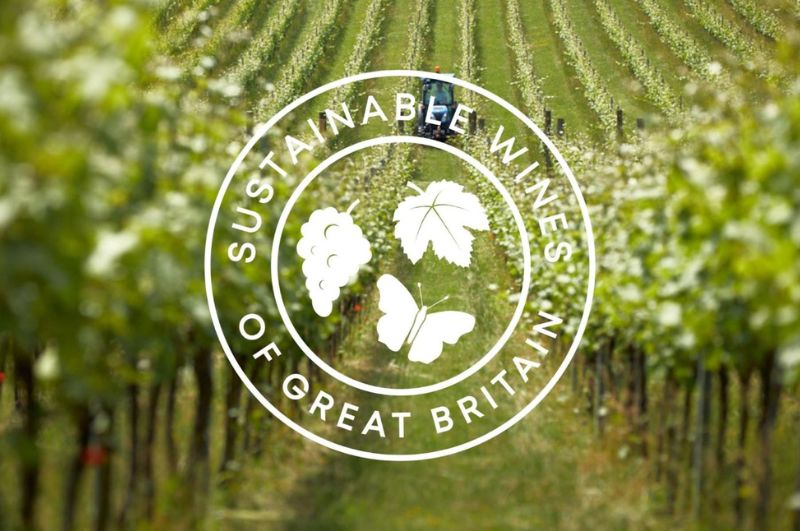
Source: Wine GB
Analysis of the Cost of Sustainable Production and Operations:
While the benefits of sustainability are evident, the transition to eco-friendly practices involves significant costs. This section analyzes the expenses associated with sustainable production and operations in the wine and spirits trade.
- Initial Investments: The initial investments required for sustainable practices can be substantial. For example, installing solar panels or wind turbines entails significant upfront costs. Similarly, transitioning to organic farming involves purchasing certified seeds, organic fertilizers, and pest control measures. Retrofitting facilities with energy-efficient lighting, heating, and cooling systems also requires considerable capital. However, government incentives and grants, such as the UK's Green Homes Grant, can help offset these costs.
- Ongoing Operational Costs: Sustainable operations often incur higher ongoing costs. Organic farming typically yields lower crop outputs, necessitating larger land areas and higher labor costs. Sustainable packaging, such as biodegradable bottles and recycled materials, is generally more expensive than conventional packaging. Furthermore, maintaining certifications for organic or fair-trade products involves regular audits and compliance costs.
- Supply Chain Management: Managing a sustainable supply chain presents additional challenges and costs. Sourcing ingredients locally and ensuring they meet sustainability standards can be logistically complex and costly. Transporting products in an eco-friendly manner, such as using electric vehicles, requires investment in infrastructure and technology. Companies must also invest in robust tracking and reporting systems to ensure transparency and accountability throughout the supply chain.
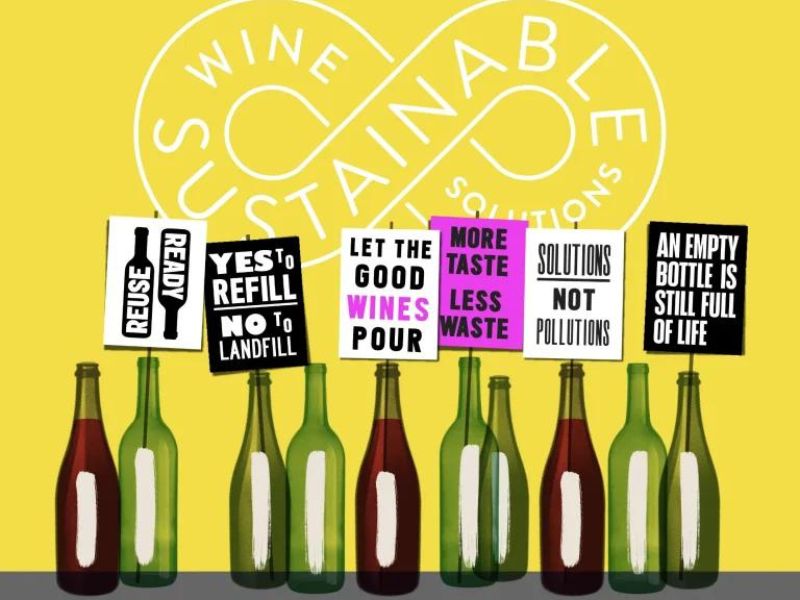
Source: Sustainable Wine Solutions
Some Profitable Green Business:
Chapel Down, one of the UK's leading wineries, has made significant strides in sustainability. The company has invested in renewable energy, with solar panels installed in its vineyards and production facilities. Chapel Down also practices organic farming, avoiding synthetic pesticides and fertilizers. These initiatives have not only reduced the winery's carbon footprint but also enhanced its brand image, attracting environmentally conscious consumers. Despite the initial costs, Chapel Down has reported increased profitability, demonstrating that sustainability can be financially viable.
Adnams, a brewery and distillery based in Southwold, has been a pioneer in sustainable practices. The company has implemented a comprehensive carbon reduction strategy, including the use of renewable energy, eco-friendly packaging, and efficient waste management. Adnams' eco-distribution center, designed with sustainable materials and technologies, has significantly reduced energy consumption. The company has also focused on sustainable sourcing, partnering with local farmers and suppliers. These efforts have not only reduced operational costs but also strengthened Adnams' market position, resulting in increased sales and profitability.
Sipsmith, a London-based distillery, has also embraced sustainability. The company uses locally sourced ingredients and sustainable packaging materials. Sipsmith's production processes are designed to minimize waste and energy consumption. While these practices involve higher costs, Sipsmith has successfully marketed its commitment to sustainability, attracting a loyal customer base and achieving robust financial performance.
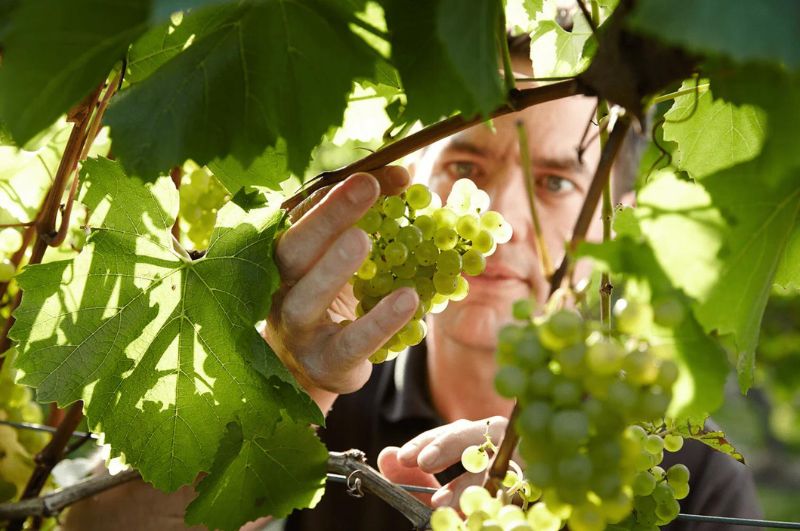
Source: Chapel Down
The economics of sustainability in the wine and spirits trade reveal a complex interplay between costs and benefits. While the transition to sustainable practices entails significant initial investments and ongoing operational expenses, the long-term advantages can be substantial. Enhanced brand reputation, cost savings, and increased consumer demand can offset the higher costs, making sustainability a profitable venture for bars and wineries. These companies exemplify how sustainability can be integrated into business models to achieve both environmental and financial success. As the market for sustainable products continues to grow, more restaurants, bars and wineries are likely to embrace green practices, contributing to a more sustainable future for the industry.
Header Image Source: Punch Drink
TAGS:
 The On Trade
The On Trade 


